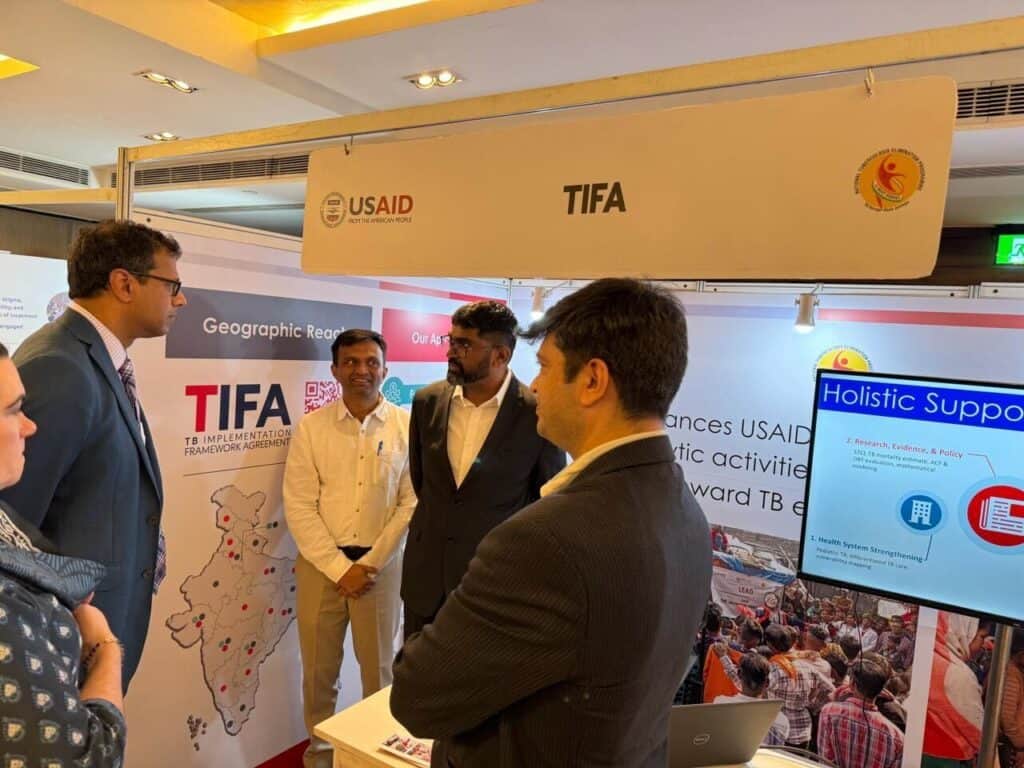https://www.jsi.com/location/zimbabwe/
https://www.jsi.com/location/zambia/
https://www.jsi.com/location/yemen/
https://www.jsi.com/location/vietnam/
https://www.jsi.com/location/ukraine/
https://www.jsi.com/location/turkmenistan/
https://www.jsi.com/location/timor-leste/
https://www.jsi.com/location/thailand/
https://www.jsi.com/location/tanzania/
https://www.jsi.com/location/tajikistan/
https://www.jsi.com/location/south-sudan/
https://www.jsi.com/location/south-africa/
https://www.jsi.com/location/sierra-leone/
https://www.jsi.com/location/senegal/
https://www.jsi.com/location/rwanda/
https://www.jsi.com/location/russia/
https://www.jsi.com/location/philippines/
https://www.jsi.com/location/pakistan/
https://www.jsi.com/location/nigeria/
https://www.jsi.com/location/niger/
https://www.jsi.com/location/nicaragua/
https://www.jsi.com/location/nepal/
https://www.jsi.com/location/namibia/
https://www.jsi.com/location/myanmar/
https://www.jsi.com/location/mozambique/
https://www.jsi.com/location/mali/
https://www.jsi.com/location/malawi/
https://www.jsi.com/location/madagascar/
https://www.jsi.com/location/liberia/
https://www.jsi.com/location/laos/
https://www.jsi.com/location/kyrgyz-republic/
https://www.jsi.com/location/kenya/
https://www.jsi.com/location/indonesia/
https://www.jsi.com/location/india/
https://www.jsi.com/location/haiti/
https://www.jsi.com/location/guinea/
https://www.jsi.com/location/ghana/
https://www.jsi.com/location/gambia/
https://www.jsi.com/location/ethiopia/
https://www.jsi.com/location/swaziland/
https://www.jsi.com/location/el-salvador/
https://www.jsi.com/location/egypt/
https://www.jsi.com/location/dominican-republic/
https://www.jsi.com/location/democratic-republic-of-congo/
https://www.jsi.com/location/cote-divoire/
https://www.jsi.com/location/colombia/
https://www.jsi.com/location/cameroon/
https://www.jsi.com/location/cambodia/
https://www.jsi.com/location/burundi/
https://www.jsi.com/location/burkina-faso/
https://www.jsi.com/location/botswana/
https://www.jsi.com/location/benin/
https://www.jsi.com/location/bangladesh/
https://www.jsi.com/location/angola/
https://www.jsi.com/location/uganda/
https://www.jsi.com/where-we-work/#wwk-us
https://www.jsi.com/location/serbia/







